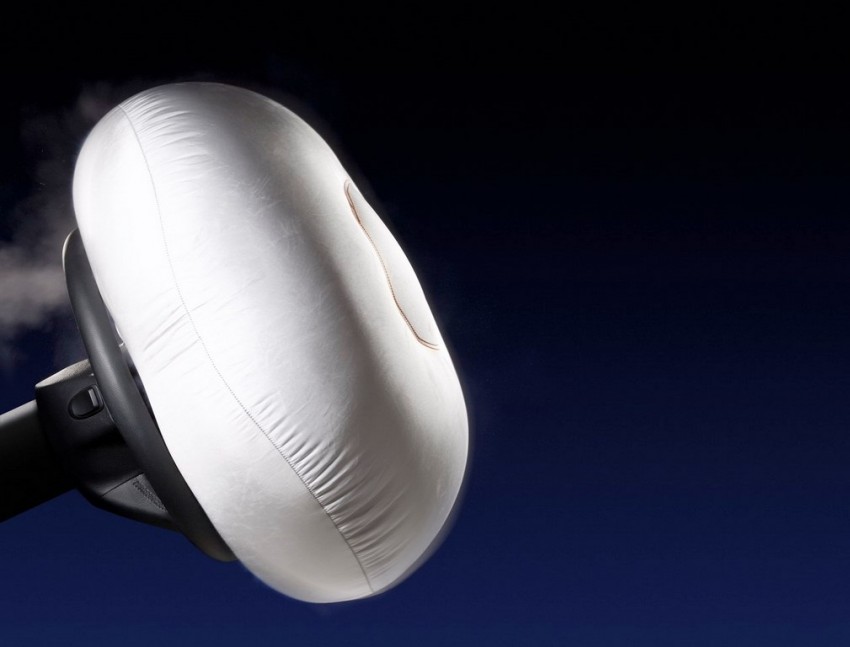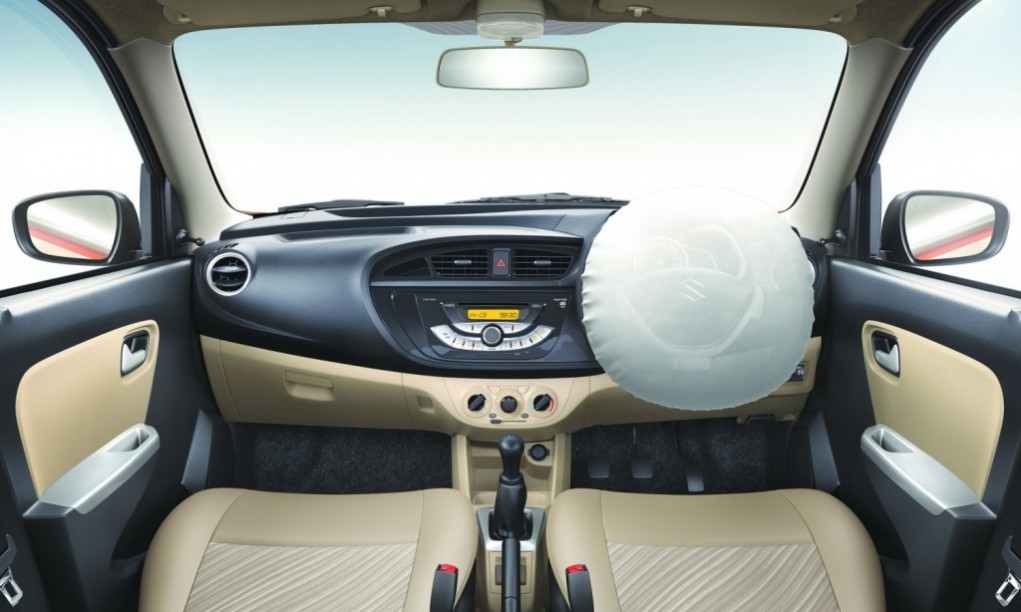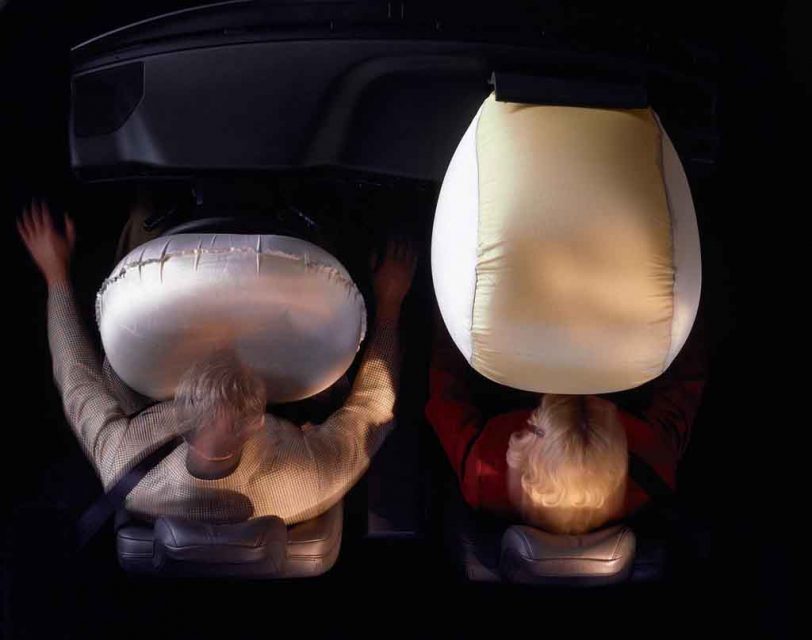
Tokyo based auto parts giant is facing lawsuits and massive recall-related costs over defected airbag
Japanese auto parts giant Takata’s shares declined by 50% in just 3 days amid the fear of bankruptcy. Takata made airbags have been facing flak for being defective and millions of cars around the world have been affected by the scam. Several automakers accused Takata for knowingly selling the defective airbags. At least 16 deaths have been reported so far caused by the defective Takata airbags.
After the scam came under scanner, the Japanese company has been facing lawsuits across the world and also a huge cost of recalling. This has created concern that the company may go bankrupt and hence the share of the company started falling three days ago. With that, now Takata’s worth is less than a quarter of its value it had just a week ago.
Also read: Honda Recalls 41,580 Cars in India to Replace Takata Airbag Inflator
A Japanese business daily reported that Takata could seek bankruptcy protection and sell its assets to an US based company order to save itself. This report also played major role behind the fear of bankruptcy. At the end of Wednesday Takata’s share was down by a whopping 51.20% marking the drop by their maximum daily loss limit on Tokyo Stock Exchange to 119 Yen.
Now, the Japanese auto parts manufacturer company is expected to make a formal decision about the bankruptcy filing at a board meeting scheduled this month. It is reported that Takata’s automaker clients are also supporting the bankruptcy plan, which is fueling the speculation further. However, Takata and its automaker partners that are facing the lawsuits kept mum on the matter.
Also read: Top SUVs for Under Rs. 10 Lakh in India
Interestingly, Takata is one of the biggest manufacturers of airbags in the world with its client list including Honda, General Motors, Toyota and many more auto majors. The defective airbags come with a component that makes the airbags prone to improperly inflate and rupture and firing deadly sharpnels fatally injuring the driver and occupants.
Source: AFP


